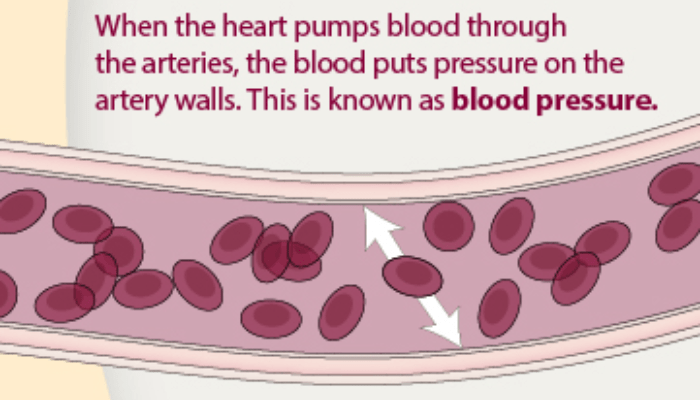How does high blood pressure affect cardiovascular health?
High blood pressure, also known as high blood pressure, is a common condition that affects millions of people around the world. This condition occurs when the force of blood flowing through the arteries is greater than normal, which can cause damage to the cardiovascular system and other major organs in the body.
High blood pressure is often called the “silent killer” because it has no obvious symptoms. In most cases, people with high blood pressure don’t know they have it, which means they aren’t aware of the potential risks to their health. Therefore, it is essential that people have regular blood pressure checks and adopt a healthy lifestyle to prevent and control high blood pressure.
Although high blood pressure is a common condition, many people don’t understand how it affects the body and why it’s so important to keep it under control. In this text, we will explore how high blood pressure affects cardiovascular health and what are the best ways to prevent and treat this condition.
What is high blood pressure?
High blood pressure, also known as hypertension, is a chronic condition in which the force of blood flowing through the arteries is greater than normal. This can cause damage to blood vessels and important organs such as the heart, kidneys and brain.
High blood pressure is a major risk factor for cardiovascular disease, including heart attacks, strokes and coronary artery disease. It is a common condition, which affects around one billion people worldwide.
What are the symptoms of high diastolic pressure?

Here is a list of some possible symptoms of high blood pressure:
- Headache: Although not always a symptom of high blood pressure, some people may experience persistent headaches.
- Blurred vision: High blood pressure can damage the blood vessels in your eyes, causing blurred vision or double vision.
- Dizziness: Dizziness can occur when blood pressure is too high or too low.
- Shortness of breath: High blood pressure can affect blood circulation in the lungs, causing shortness of breath or difficulty breathing.
- Chest pain: Chest pain can occur when high blood pressure causes damage to the heart or blood vessels.
- Nosebleeds: Although nosebleeds can have many causes, high blood pressure can increase the risk of nosebleeds in some people.
Keep in mind that these symptoms can be caused by other conditions and do not always indicate high blood pressure. It is important to regularly monitor your blood pressure and consult a doctor if you have any questions or concerns.
What is the relationship between blood pressure and heart rate?
When it comes to cardiovascular health, it’s important not only to pay attention to high blood pressure, but also to a low heart rate. Bradycardia is a condition where the heart beats less than 60 times a minute, which can affect blood flow to the body and cause fatigue, dizziness and fainting.
To avoid these health problems, it is critical to regularly monitor your blood pressure and heart rate and adopt a healthy lifestyle. This includes taking regular physical exercise, maintaining a balanced diet and reducing alcohol and tobacco consumption. In addition, it is essential to see a doctor regularly to assess the risk of developing high blood pressure and other heart conditions.
What can cause high blood pressure in young people?
High blood pressure is not a condition that only affects older adults. Young people can also develop hypertension, especially if they have risk factors such as obesity, a family history of hypertension, or an unhealthy lifestyle.
Here is a list of some possible symptoms of high blood pressure in young people:
- Headache : One of the most common symptoms of high blood pressure in young people is headache. It can be mild or intense and can last for hours or even days.
- Dizziness: Dizziness is another common symptom of high blood pressure in young people. It can occur when blood pressure is too high or too low.
- Shortness of breath: High blood pressure can affect blood circulation in the lungs, causing shortness of breath or difficulty breathing in young people.
- Blurred vision: High blood pressure can damage blood vessels in the eyes, causing blurred vision or double vision in young people.
- Fatigue: High blood pressure can cause fatigue in young people, even after a good night’s sleep.
- Nosebleeds: Nosebleeds can be a symptom of high blood pressure in young people, especially if they occur frequently.
It is important to remember that these symptoms can have other causes and do not always indicate high blood pressure in young people. It’s critical to regularly monitor your blood pressure and see a doctor if you have symptoms or concerns.

Deixe um comentário